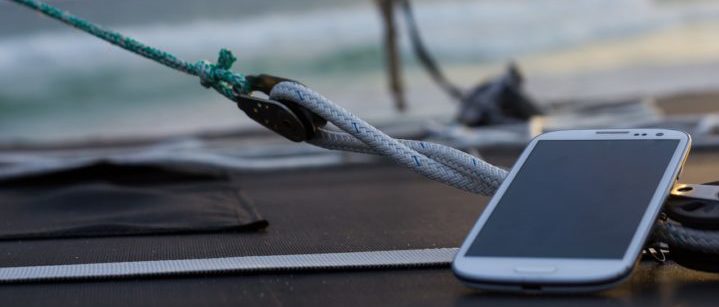
Earlier this summer, I wrote a short post about giving up my mobile devices for part of my vacation. So many of us struggle with the balance between being connected with the world vs being connected with the people right in front of us. And our mobile devices have become toxic roadblocks to attention span, conversation and in-person human connection.
My original post on this topic was based on a one-week vacation experience in July. One week is hard. But the harder challenge was going to be our long family vacation, 2.5 weeks, in August. Being totally disconnected for 2.5 weeks is hard to even fathom (and maybe that simply shows the depth of the problem… the depth of MY problem). But as a small business owner, with multiple colleagues, a hiring process underway, a book being written, and a busy fall client schedule looming on the horizon, a full 2.5 week disconnect just wasn’t going to happen.
So I worked on some of the simple strategies originally written in the July post. I continued to experiment with the combination of days “completely disconnected” with other days only partially connected, with “office hours.” And it worked well.
I chose some days, especially early in my vacation, where I was simply not available. I once again handed over my devices to my wife, and said “hide these, please.” She did, and I had 3-4 days in the early part of my vacation where I cut the cord completely. And then eventually I settled into a compromise, where I would check in with the office in the AM, have about an hour where I would be available if needed, and would answer whatever emails had come in. But once my office hour was up, I turned off the devices and handed them back to my wife. I battled the addiction by not carrying a device around with me all day. Because once you have it in your pocket, it is really hard not to keep looking at it.
The bottom line is that the strategy I test drove in July works, if you have the discipline to turn the devices off completely, NOT carry them around with you, and if necessary, hand them over to someone else for a period of time.
People joke about their mobile device addiction all the time, but it actually isn’t really funny. Last week my wife and I watched a family of six sit together in a restaurant, all six of them including both parents, absolutely glued to their mobile devices for the entire meal. Two of the four kids actually kept headphones on during the entire meal. Not an ounce of conversation. It was really sad to watch.
This will be a constant battle for so many of us, myself included. But it is critical to have a strategy to deal with the addiction. The addiction is real, and the cost is significant. Don’t just make jokes or complain about mobile device addiction. Have a plan. Manage it.
All of us will be the better for it.
Have a great day.





Comments